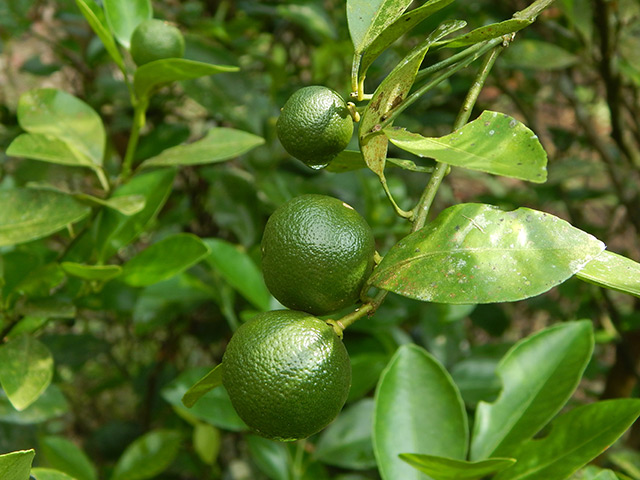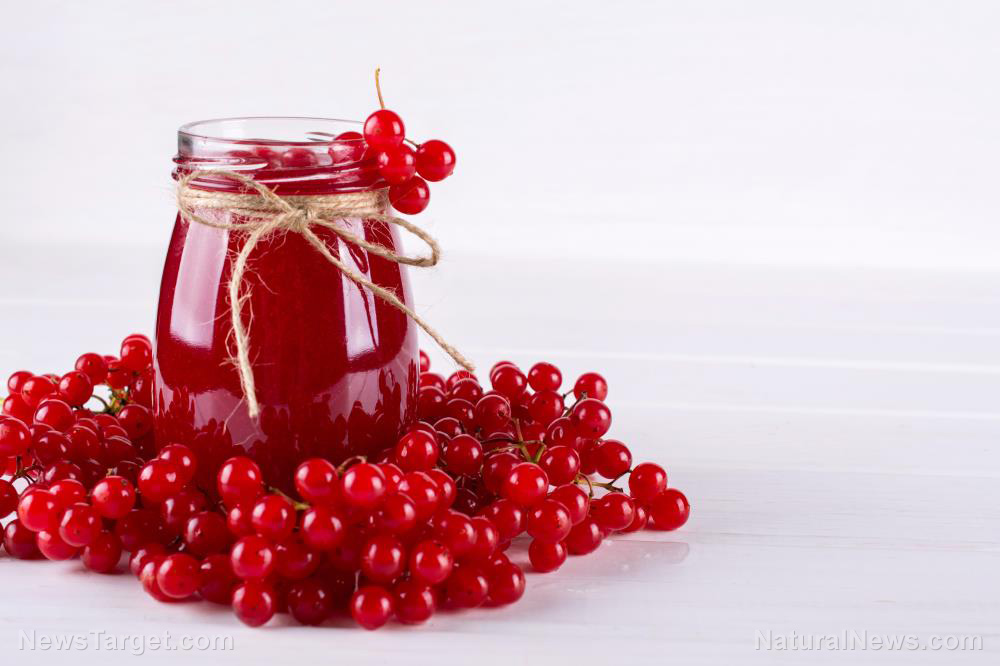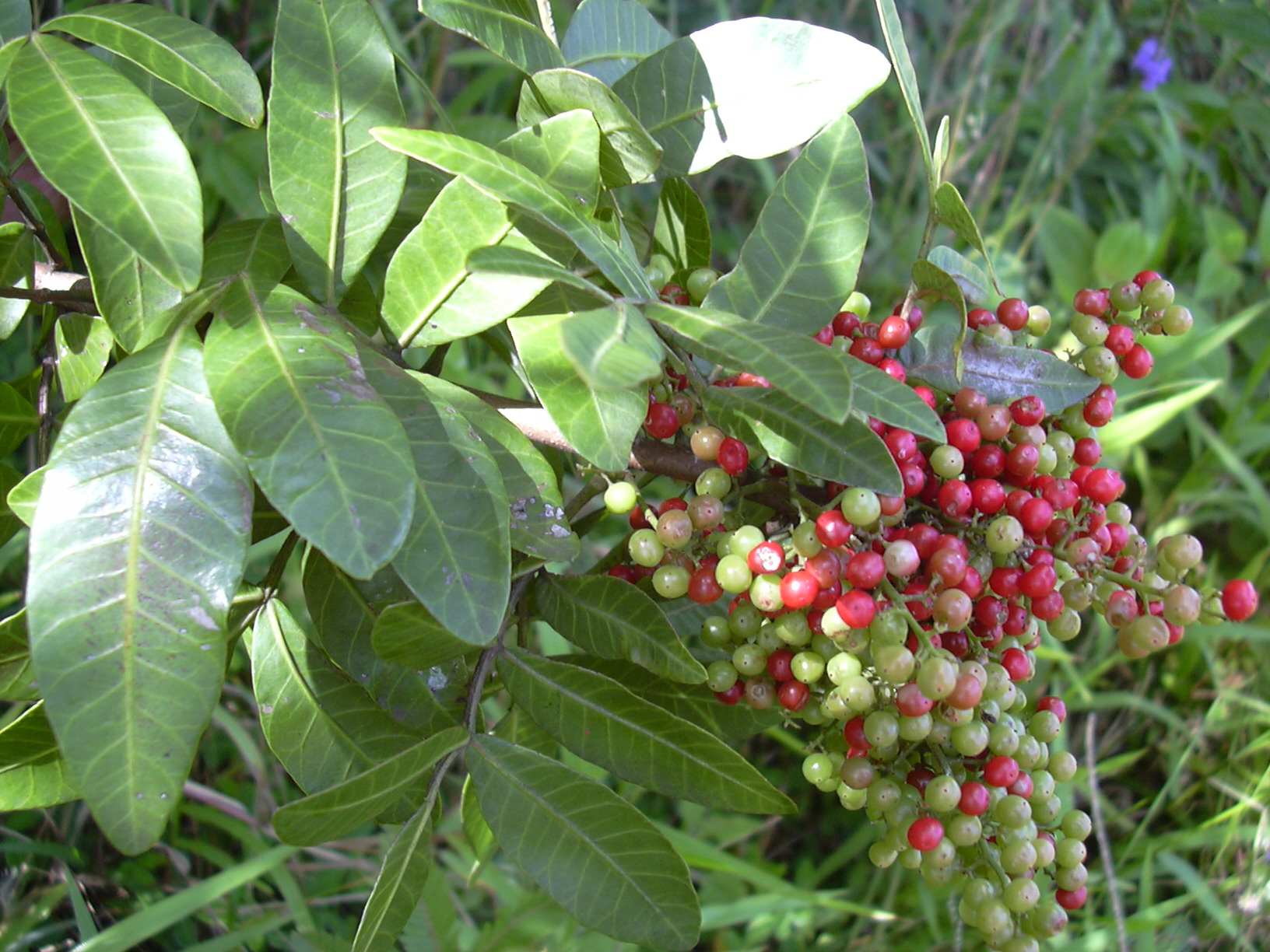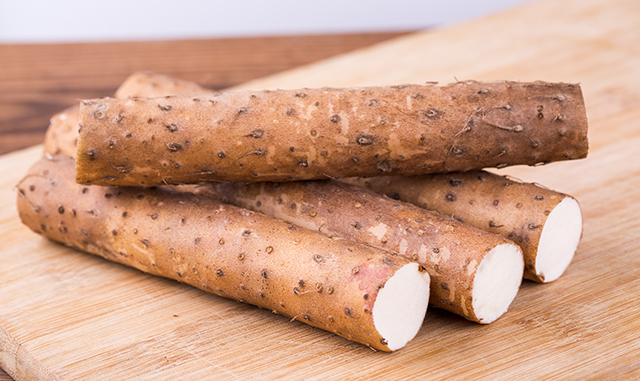Exploring natural stimulant and non-stimulant thermogenic agents that aid in energy metabolism and weight loss
02/22/2019 / By Edsel Cook
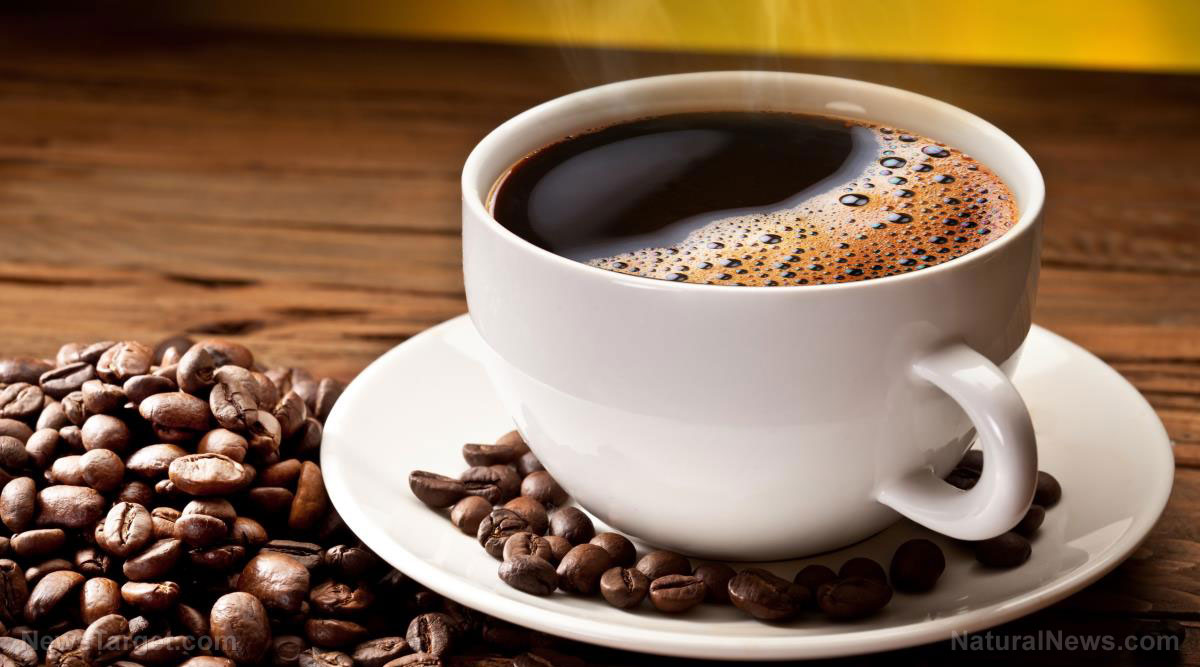
An American review examined the potential of botanical thermogenic agents as natural means of managing weight and preventing the onset of obesity. They identified how the agents generally worked, their potential side effects, and possible substances that could be combined with them.
This review was conducted by researchers from Creighton University. They published their findings in the science journal Phytotherapy Research.
- The main ways to control body weight are physical exercise and calorie management. Thermogenic agents derived from plants could make these mechanisms more effective at weight management.
- Thermogenic agents can be divided between stimulant and non-stimulant agents. Stimulants work by activating the appropriate parts of the brain, but this means they have potentially bad side effects on the heart and blood vessels.
- Caffeine is an example of a stimulant agent and it is also the most commonly consumed stimulant. Green tea is another thermogenic agent that produces stimulatory effects.
- Non-stimulants raise body metabolism through other means. They include p-synephrine, which is extracted from bitter orange; capsaicin from chili peppers; forskolin from the root of Coleus forskohlii; and chlorogenic acid from green coffee bean.
- The effects of thermogenic agents could be amplified if combined with carotenoids, flavonoids, and extracts from salacia, sesame seeds, Pride of India, veld grape, and moringa.
The researchers concluded that thermogenic agents are a safe and effective means of increasing energy metabolism and keeping body weight to a healthy level. In addition to preventing obesity, these natural agents can also be used to bolster the performance of professional athletes.
Read the full text of the review at this link.
To read more articles about other natural ways of controlling weight, see Fasting.news.
Journal Reference:
Stohs SJ, Badmaev V. A REVIEW OF NATURAL STIMULANT AND NON-STIMULANT THERMOGENIC AGENTS. Phytotherapy Research. 2016;30(5):732–740. DOI: 10.1002/ptr.5583.
Tagged Under: benefits of coffee, boost metabolism, functional foods, obesity, obesity solution, prevent obesity, stimulants, thermogenic, weight loss, weight management












